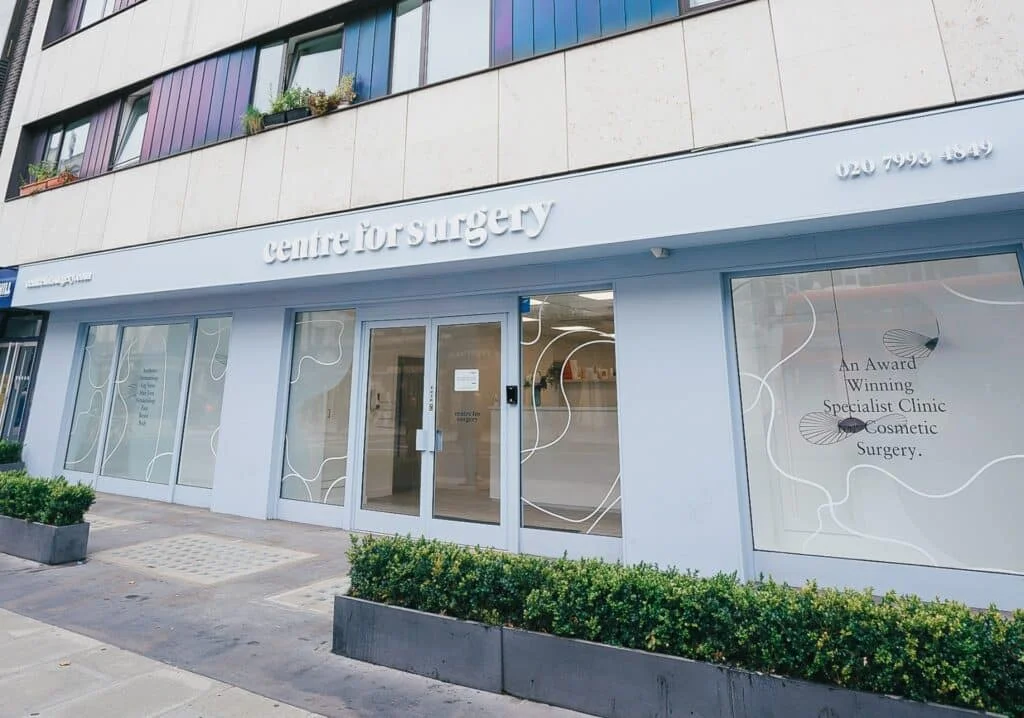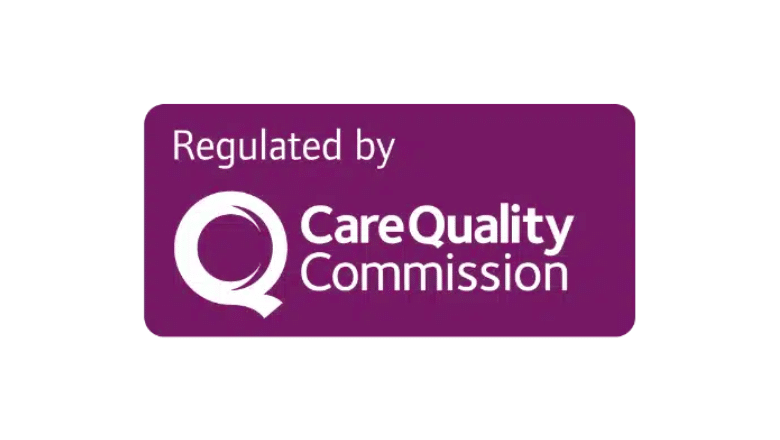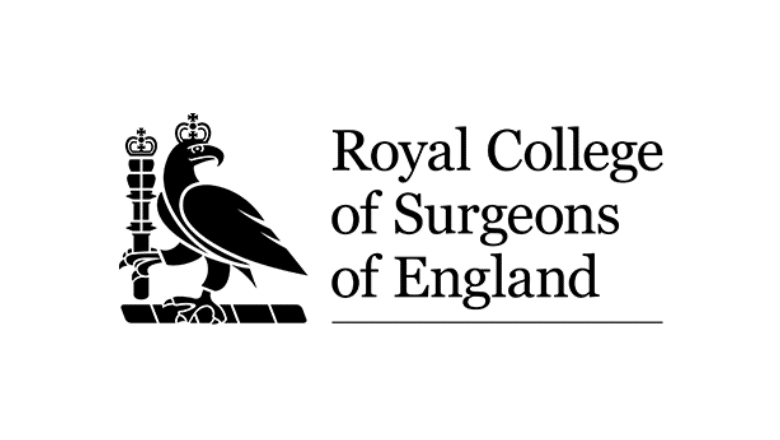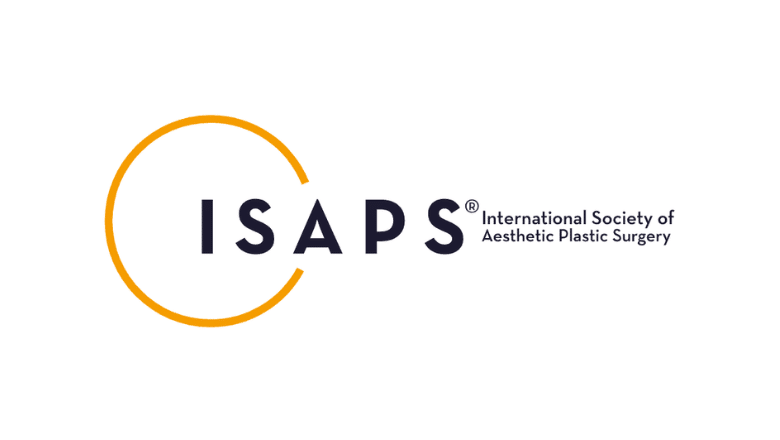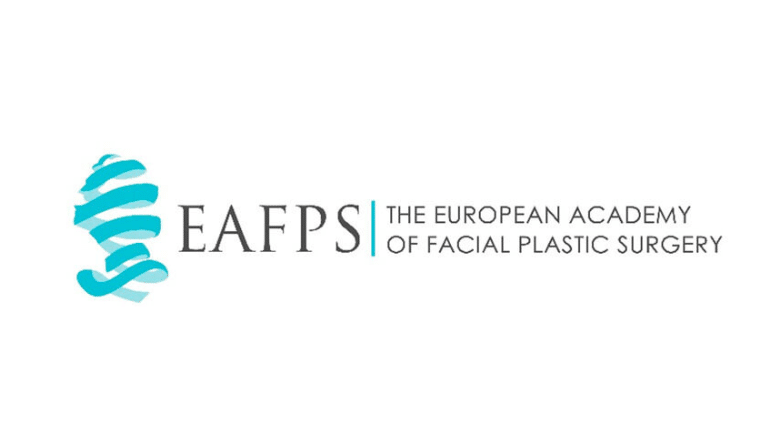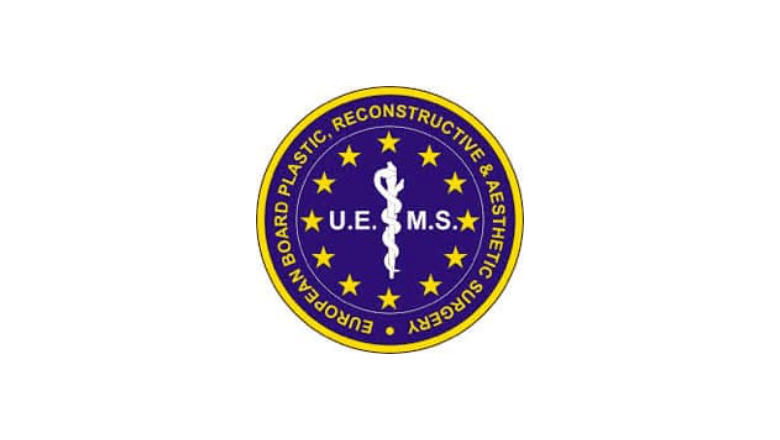Table of Contents

Cosmetic surgery in the UK is becoming increasingly popular. We see an endless number of celebrities and influencers undergo it. Fortunately, cosmetic surgery isn’t just for the rich and famous anymore—it has become accessible for the working class, too.
For those who do not have the luxury of unlimited money and time off work, undergoing cosmetic surgery, particularly an invasive procedure, is a big decision. Having to deal with the recovery period can be offputting. People generally want to avoid bruising, feeling any pain, and having to take a lot of time off work.
RELATED: How Long Is Recovery After Cosmetic Surgery?
Fortunately, there are steps you can follow to ensure a speedy recovery and a quick return to your usual daily routine.
So, what steps can you follow to speed up recovery after cosmetic surgery?
Before Cosmetic Surgery
You can help to speed up your recovery before you’ve even gone to the surgery clinic. Before attending your surgery, you can:
- Follow the surgeon’s instructions: During your initial consultation, your surgeon will give you instructions that you will need to follow. These instructions will vary from person to person and depend on your procedure and your existing health. You might feel like some of these instructions aren’t important, or you will be safe if you don’t follow them. To avoid any complications during or after your surgery, it’s best to do what your surgeon says.
- Medications: Some people will be advised to avoid certain medications prior to surgery. These can include blood thinners, aspirin, and herbal supplements. Make sure you discuss your medical history with your surgeon, including all medications you are currently taking. You may think the medicine you are taking is harmless; however, it may interact with the anaesthetic or slow down wound healing.
- Smoking: you will need to stop smoking prior to undergoing your procedure. Smoking can interfere with wound healing, which slows down the recovery period. If you continue to smoke, the surgeon may refuse to perform your procedure, as it may be considered too dangerous.
- Alcohol consumption: make sure to minimise your alcohol consumption prior to surgery. Following your procedure, it is best to avoid alcohol, as it can dehydrate you. Until you are fully recovered, it is best to just drink water.
RELATED: Alcohol After Cosmetic Surgery – How Long Should You Wait?
- Prescriptions: do you have any prescriptions or medication which you will need to get during your recovery period? Save yourself the hassle of going to a pharmacy while you are recovering, and go before your procedure. You may also wish to purchase vitamin supplements. Certain vitamins, such as vitamin C, will help to improve healing.
- Ice: if you are having an invasive procedure, you can expect to experience some swelling and bruising, and may feel some pain and discomfort. To help reduce this, you can buy ice packs and apply them to the procedure area. This will help to reduce swelling and, therefore, speed up your recovery time.
- Purchase a compression garment: your surgeon will advise you whether or not you will need to wear a compression garment during the recovery period. They will also be able to let you know which type of garment you need to purchase and the best place to order these from. A compression garment will not only help to support the area where the procedure took place, but it will also avoid fluid build up and reduce swelling.
After Cosmetic Surgery
The exact recovery period will vary for everyone. Even people who have the same procedure will experience different recovery periods. Despite this, there are steps you can follow after your recovery period to ensure you can return to your usual routine in no time.
- Ice packs: remember how you purchased those ice packs before your procedure? Now is when you will need to use them. If you haven’t got an ice pack at your house, you may decide to use frozen vegetables wrapped in a hand towel. The ice pack may need to be used for the first three days, to help minimise pain, bruising and swelling.
- Relax: You’ve just undergone a big procedure. The last thing you need to do now is think about going to the gym or going back to your stressful job. Instead, you will need to focus on getting enough rest and relaxing. Getting enough rest will give the body enough time to heal.
- Walk around: while you do need to ensure you get enough rest, you will also be encouraged to make sure you don’t spend all your time stationary on the couch or in bed. Make sure you undertake light physical activities such as walking to ensure your blood is circulating properly. This will avoid any rare complications such as blood clots.
- Sleep: you’ll feel drowsy, so it shouldn’t be too hard to get enough sleep. However, we recommend that you keep your head elevated while sleeping during the recovery period, particularly if you had a facial procedure. Make sure you also avoid sleeping on the area which you had operated – if you underwent a breast augmentation, make sure you sleep on your back. Meanwhile, if you had an otoplasty, you will need to avoid sleeping on your sides. If you are having difficulties getting your eight hours of sleep per night, make sure to contact your surgeon, who can recommend medication you can take to help you sleep.
RELATED: Best Sleeping Positions After Cosmetic Surgery
- Keep hydrated: You may not feel like eating or drinking after your procedure, but it is important to ensure you stay hydrated. Make sure you drink water to avoid becoming dehydrated. During the recovery period, it is best to avoid alcoholic beverages, tea, coffee, and any caffeinated drinks, as these will also cause you to become dehydrated.
- Medication: your surgeon will have already advised you whether or not you can resume taking your medication again following your procedure. Some medications may slow down healing or even cause complications. As a result, it is important to ensure you do not start any new medications that your surgeon is unaware of.
- Wound care: Your surgeon will advise you on the best way to care for your wound. Following these instructions will ensure you avoid complications such as infection and have the most discreet scar possible. After surgery, you will need to apply sunscreen to the scar area, as this area will be sensitive to light. Overexposure to light can cause the scar to darken.
If you follow these steps, you will be able to ensure you have a speedy recovery period, avoid any complications, and return to your usual daily routine as fast as possible.
Do you have any other questions, or want to book a procedure? Contact Centre for Surgery today to book a consultation.
